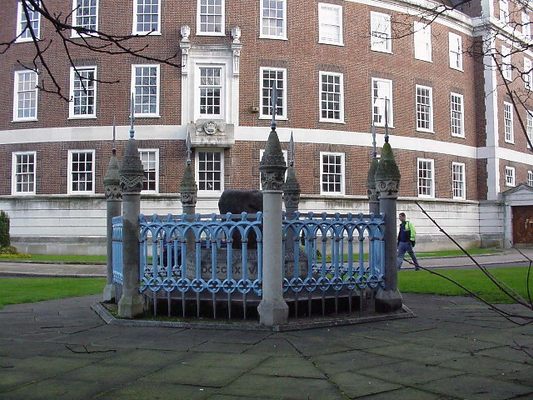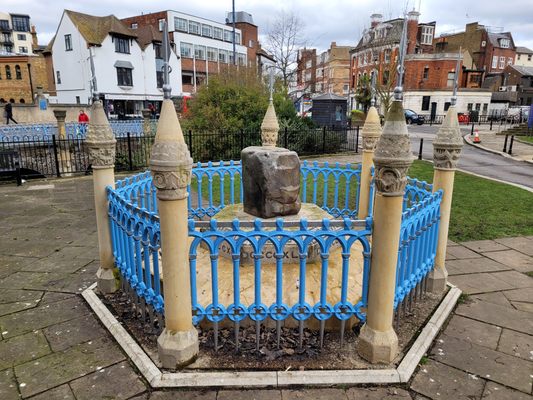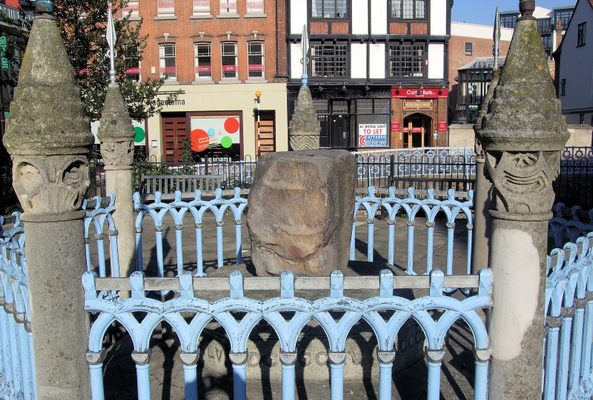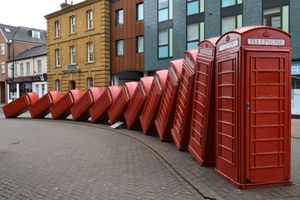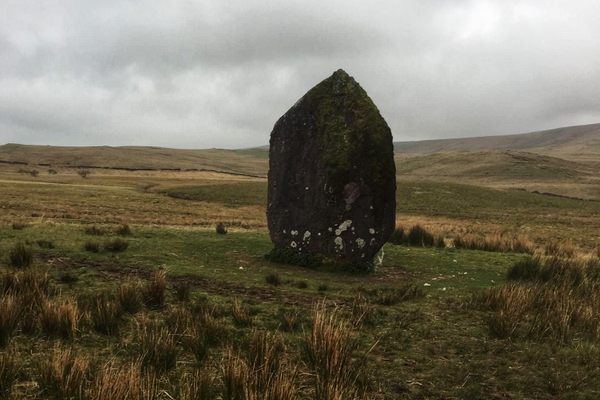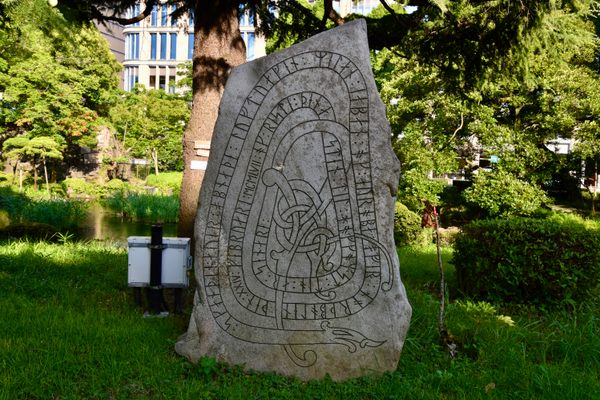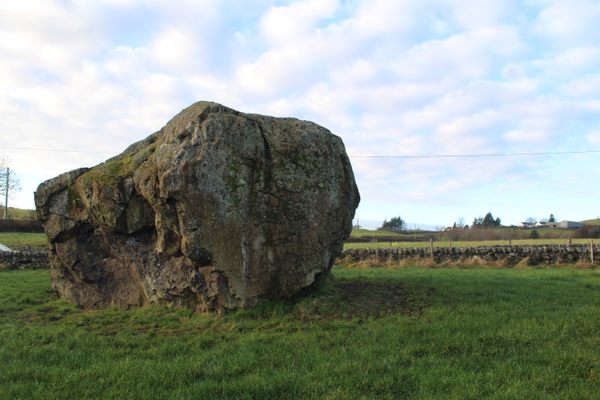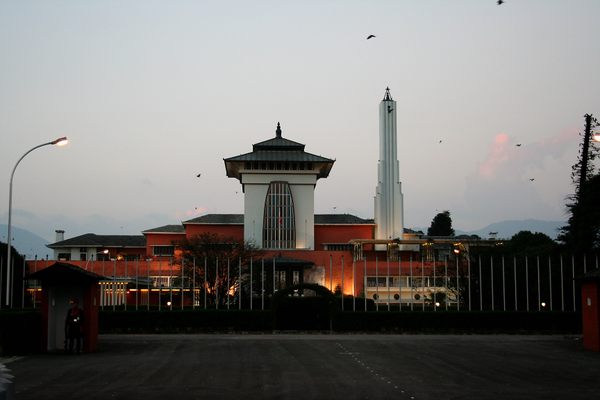About
The name "Kingston" gives some indication about the historical importance of this Thames-side town, located just southwest of the hustle and bustle of London. This small enclave has a unique royal connection.
Towards the end of the 10th century, the town sat near the border of the ancient kingdoms of Wessex and Mercia. In 925, when Saxon king Athelstan united the kingdom, his coronation was held in "Cyninges tun." During the ceremony, he sat on this very large sarsen block later dubbed, the "Coronation Stone."
The stone was used in six other coronations for kings that included, Eadred, Ethelred the Unready, Edward the Elder, Edmund I, Eadwig, and Edward the Martyr. All were allegedly consecrated upon the massive rock.
The stone was originally located at the ancient church of St Mary, which collapsed in 1730. Since then, it has moved around Kingston a few times before it was placed at its current site between the Guildhall and the police station during the late 19th-century.
Despite the bright blue fence, most people pass the stone without even realizing its historical significance or its importance to the English kings of the Middle Ages. Kingston Borough Council did announce plans to move the stone back to the churchyard in the center of the town to increase its visibility, but it remains in the same location several years later.
Related Tags
Know Before You Go
The Coronation Stone is across the bridge from the police station. There is level access, and it is accessible at all times.
Community Contributors
Added By
Published
December 31, 2020
